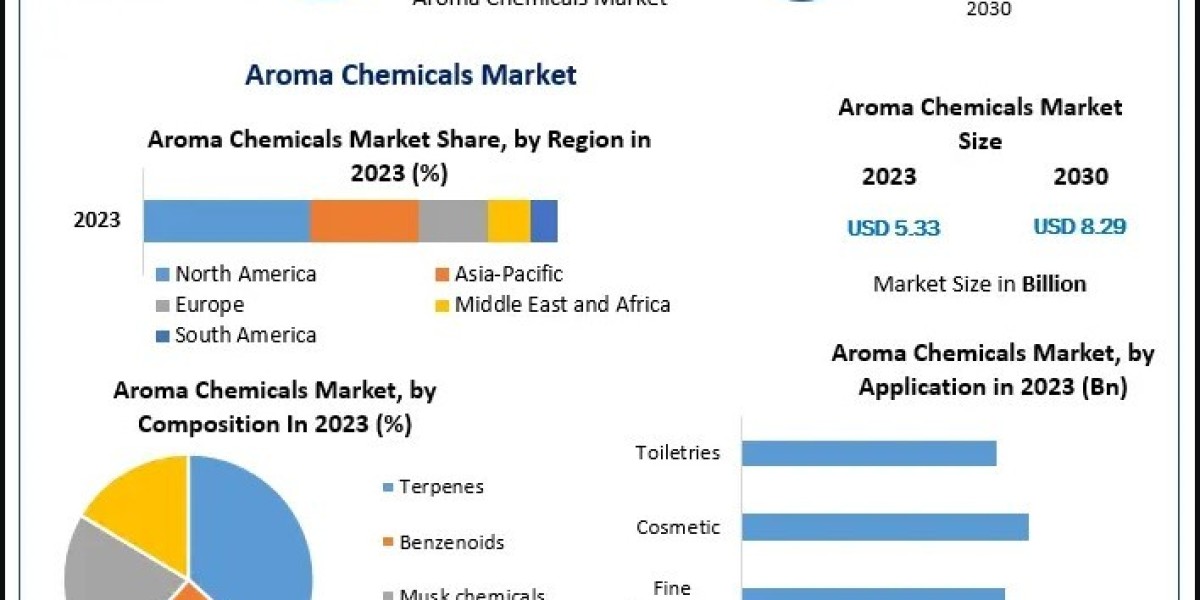What are Pharmaceutical Manufacturing Contractors?
Pharmaceutical manufacturing contractors, often referred to as contract manufacturing organizations (CMOs) or contract development and manufacturing organizations (CDMOs), are specialized entities that provide manufacturing services to pharmaceutical companies on an outsourced basis. These organizations are equipped with state-of-the-art facilities, expertise, and capabilities to produce a wide range of pharmaceutical products, including small molecules, biologics, and sterile injectables.
Advantages of Partnering with Manufacturing Contractors
Cost-Efficiency: Outsourcing manufacturing to contractors can offer significant cost savings for pharmaceutical companies. By leveraging the contractor's existing infrastructure, companies can avoid substantial investments in building and maintaining manufacturing facilities, equipment, and personnel.
Expertise and Specialization: Manufacturing contractors bring a wealth of experience and specialized knowledge to the table. They often employ highly skilled professionals with expertise in specific manufacturing techniques, quality systems, and regulatory requirements, ensuring that products are manufactured to the highest standards of quality and compliance.
Flexibility and Scalability: Pharmaceutical manufacturing contractors offer flexibility and scalability, allowing companies to adapt to changing market demands and product requirements. Whether it's scaling up production to meet increased demand or transitioning between product lines, contractors can accommodate diverse manufacturing needs efficiently.
Risk Mitigation: Partnering with manufacturing contractors can help mitigate operational and regulatory risks for pharmaceutical companies. Contractors are well-versed in navigating complex regulatory frameworks and maintaining compliance with stringent quality standards, reducing the risk of regulatory setbacks or manufacturing disruptions.
Focus on Core Competencies: Outsourcing manufacturing enables pharmaceutical companies to focus their resources and expertise on core activities such as research and development, marketing, and commercialization. This strategic allocation of resources enhances overall operational efficiency and accelerates time-to-market for new products.
Key Considerations in Partnering with Manufacturing Contractors
While the benefits of outsourcing manufacturing are evident, selecting the right manufacturing contractor is critical for ensuring success. Pharmaceutical companies should consider several key factors when evaluating potential partners:
Capabilities and Expertise: Assess the contractor's manufacturing capabilities, technological infrastructure, and track record in producing similar pharmaceutical products. Look for contractors with relevant expertise and experience in your specific therapeutic area or product type.
Quality and Compliance: Verify that the contractor adheres to stringent quality standards and regulatory requirements, including Good Manufacturing Practice (GMP) guidelines and relevant certifications. Conduct thorough due diligence to ensure that the contractor maintains a robust quality management system and a culture of quality excellence.
Communication and Collaboration: Effective communication and collaboration are essential for a successful partnership. Choose a manufacturing contractor that values transparency, responsiveness, and open communication channels. Establish clear expectations, timelines, and deliverables upfront to foster a productive working relationship.
Location and Logistics: Consider the geographical location of the manufacturing facility and its proximity to distribution channels and target markets. Evaluate logistical considerations such as transportation infrastructure, shipping capabilities, and regulatory harmonization to ensure smooth supply chain operations.
Cost and Pricing Structure: While cost efficiency is a significant driver for outsourcing manufacturing, consider the overall value proposition offered by the contractor. Evaluate pricing structures, payment terms, and potential hidden costs to make informed decisions that align with your budget and financial objectives.
Conclusion
In an increasingly competitive and dynamic pharmaceutical landscape, partnering with manufacturing contractors has emerged as a strategic imperative for companies seeking to optimize their manufacturing operations and accelerate product development. By leveraging the expertise, capabilities, and flexibility of manufacturing contractors, pharmaceutical companies can navigate the complexities of drug manufacturing more efficiently while maintaining a sharp focus on innovation, quality, and patient-centricity. As the industry continues to evolve, the role of manufacturing contractors will undoubtedly remain integral to driving advancements in pharmaceutical manufacturing and improving global access to life-saving medications.









